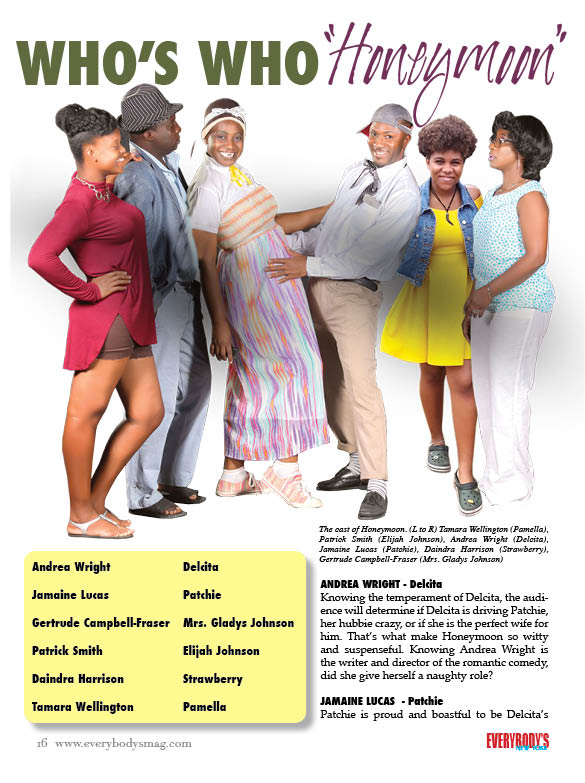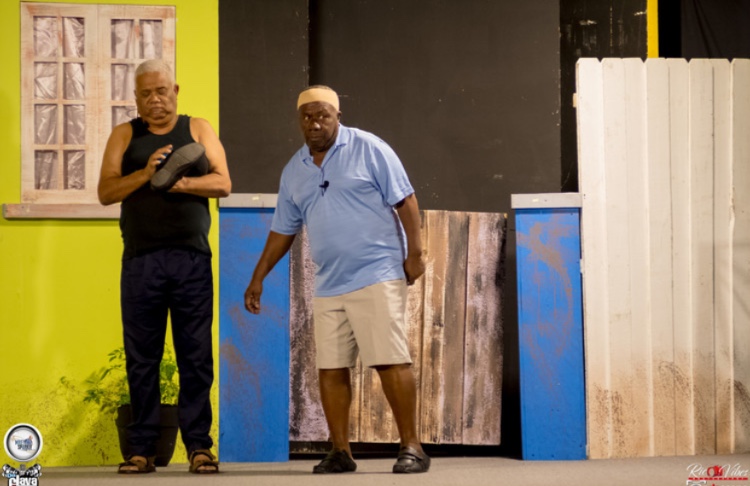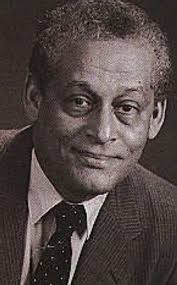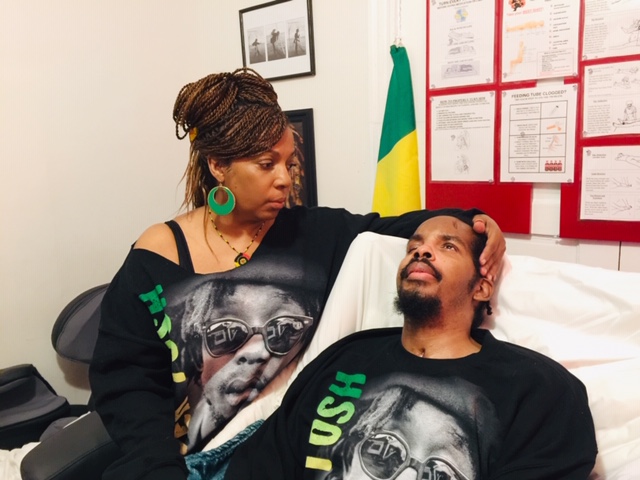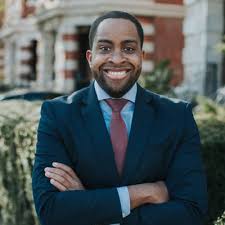
NY – Election history was created in New York State on October 26, 2019 when early voting across the State came into effect. While early voting is new in New York many other states such as MA, GA, FL and MD have been conducting early voting for several years.
Early voting allows a voter to cast his or her vote days, and in some states’ weeks, before the election allowing the voter who is not available to vote on election day to vote early. It also prevents congestion and anxiety at poll sites on election day.
General elections in the U.S. is the first Tuesday in November of each year. It is when the winners of political party primaries have been determined and each winner, mainly Democrats and Republicans, face each other in the general election. This year’s General election is November 5th.
In New York Early election is conducted for 9 days, October 26 to November 3 as mandated by the New York State Legislature and signed into law by Governor Andrew Cuomo.
In New York City, Mayor Bill de Blasio voted on October 26, therefore, he cannot vote on November 5.
Senator Zellnor Myrie who represents the 20th Senate District with a very large Caribbean population in Brooklyn was the first person to cast a vote in early voting. He voted at a mega poll site, Brooklyn’s Clara Barton HS. Early voting was symbolic for him since it was Senator Myrie who introduced legislation for early voting.
Throughout the day political leaders across New York voted to draw awareness of the opportunity to vote early. If Governor Cuomo did not cast his vote on October 26 chances are, he will do it before November 3. “Early voting is just one of the many steps we’ve taken to break down barriers to democracy, and I encourage New Yorkers to take advantage of this opportunity to skip the lines on Election Day and ensure their voices are heard at the ballot box,” the governor remarked.
Not only political leaders are attracted by early voting. Marilyn, a voter in Brooklyn who was born in Guyana, said she heard of early voting on the radio and received her early voting poll site address in the mail . “I wanted to be part of history so I rushed to Clara Barton HS to vote.”
In addition to early voting in New York there is another newness. There are no longer poll books listing voters’ names and addresses. Finding someone name sometimes take a very longtime. The traditional poll books will now find a place in museums and libraries. Effective October 26, a voter signs his or her name on an electronic poll book.
“I love it,” said 85-year old Mary who voted at Tilden HS, Brooklyn. “It makes me feel young, I gave them my name and in an instant, I saw my name and address and I was asked to signed something my great grandchild says is a tablet.”
Off the record, election officials in New York City consider early voting and the electronic poll book a test for the big one – the general election of 2020 better known as the presidential election. A number of Caribbean-American voters such as Marilyn from Guyana was overheard saying, “I can’t wait for next November to throw Trump out of office.”
In New York , early voting applies for primary elections too. In April 2020, there will be early voting for the presidential primary followed by municipal, state and federal primary in June and the general or presidential election on November 3.

